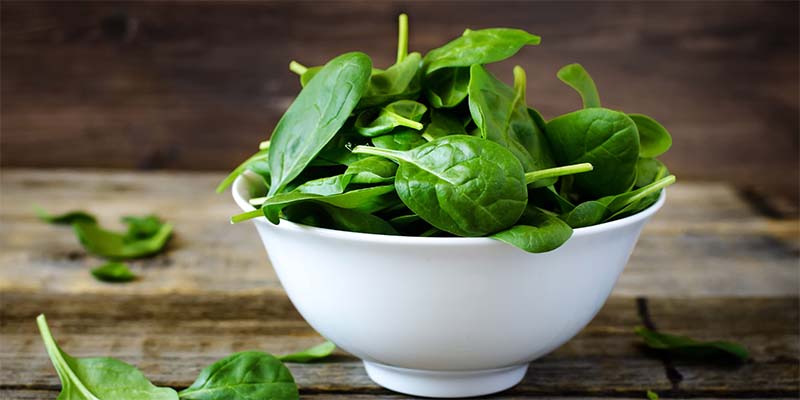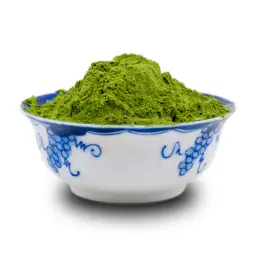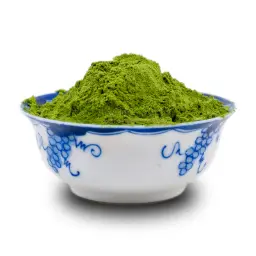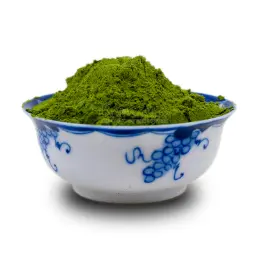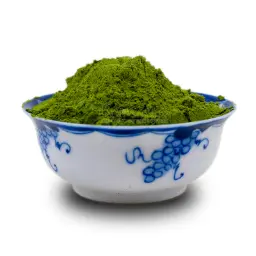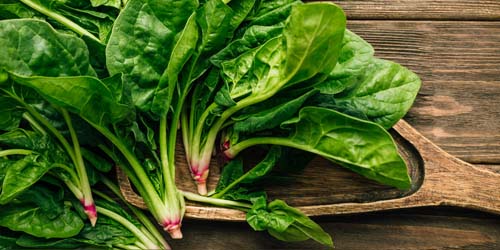Spinach, as a common green leafy vegetable, is widely praised for its rich nutrients. Among them, protein, as an important feature of spinach, has attracted widespread attention. Every 100 grams of spinach contains 2.7 grams of protein, which ranks among the top among vegetables. Although its protein content is lower than that of animal foods such as meat, eggs and dairy products, spinach is undoubtedly a very good choice for vegetarians and people who need to control protein intake.
1. Characteristics of protein in spinach
The protein in spinach is composed of amino acids, including 9 essential amino acids for the human body. These amino acids play an important role in maintaining human health, promoting growth and development, and repairing tissues. It is worth mentioning that the protein in spinach is of high quality, comparable to that in animal foods, and is easier to be absorbed and utilized by the human body.
2. The relationship between protein in spinach and health
The protein in spinach has many effects on human health. First, it helps to enhance immunity and promote the absorption and utilization of nutrients by the human body. Secondly, the protein in spinach also has a positive effect on maintaining muscle and bone health. In addition, protein can increase satiety, help control weight, and reduce the risk of obesity.
3. Advantages of spinach as a protein source
The main advantage of spinach as a protein source is its low calorie and high nutritional characteristics. Compared with animal foods, spinach has lower calories and is rich in a variety of nutrients such as dietary fiber, vitamins and minerals. This makes spinach an ideal choice for vegetarians, weight control, fitness enthusiasts and patients with chronic diseases such as blood sugar and blood lipids who need to control.
4. Precautions for eating spinach
Although the protein and other nutrients in spinach are beneficial to the human body, some matters need to be paid attention to during consumption. First of all, because spinach contains high oxalic acid, it may affect the absorption of calcium. For people who need calcium supplements, it should be controlled in moderation when eating. Secondly, the protein content in spinach is limited, which cannot fully meet the needs of the human body and cannot replace animal foods. In addition, for people with diseases such as stones, excessive intake of spinach and other high-oxalic acid foods should be avoided. It is recommended to consult a professional doctor or nutritionist before eating.
5. Summary
In general, spinach, as a high-protein, low-calorie, and high-nutrition vegetable, is of great significance to the healthy diet of different people. Intake of spinach in moderation in daily diet can provide the protein and other nutrients needed by the human body, which helps to maintain good health. At the same time, in order to ensure the balance and diversity of nutrition, we also need to pay attention to the appropriate amount of control and matching with other foods. Let us enjoy the deliciousness of spinach while fully absorbing its nutrients and injecting vitality into the body.
